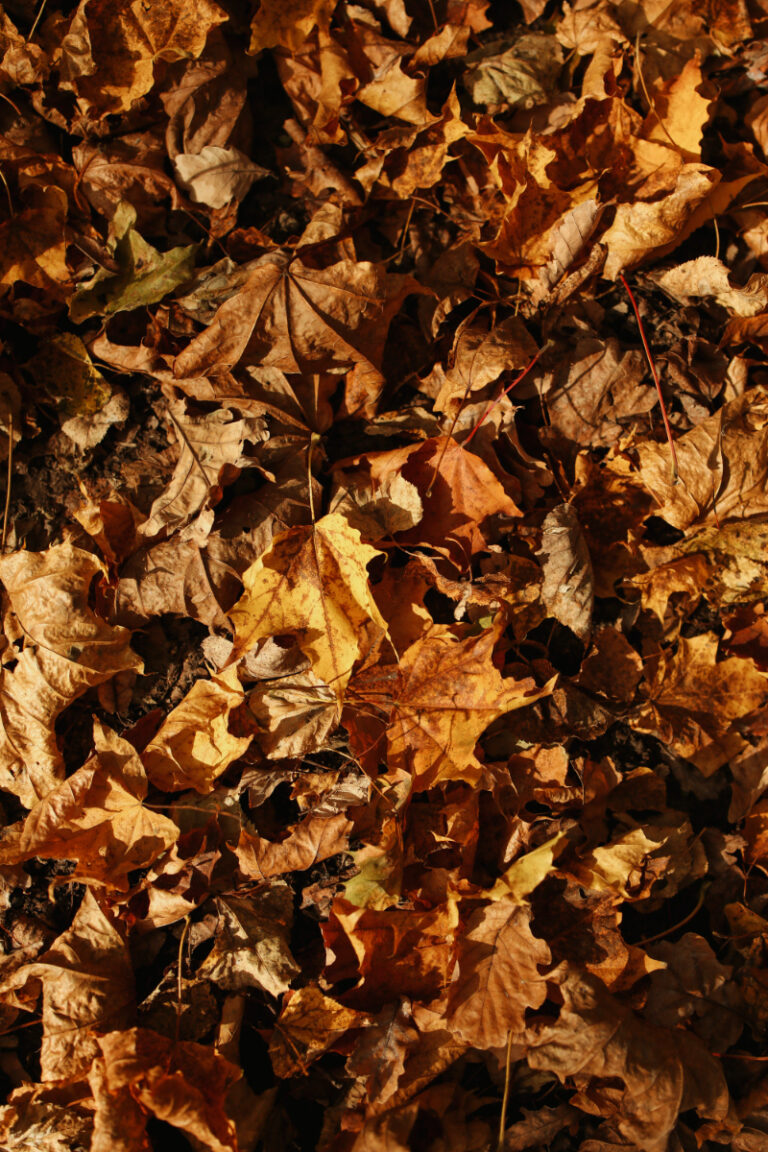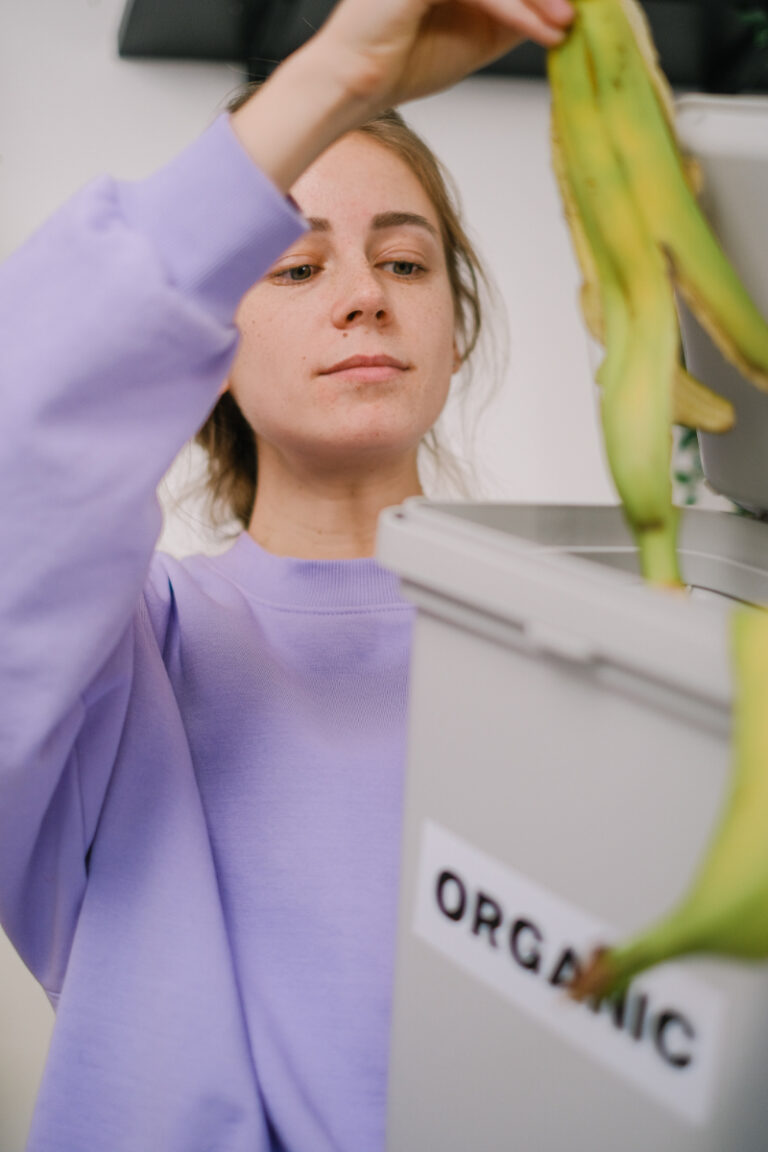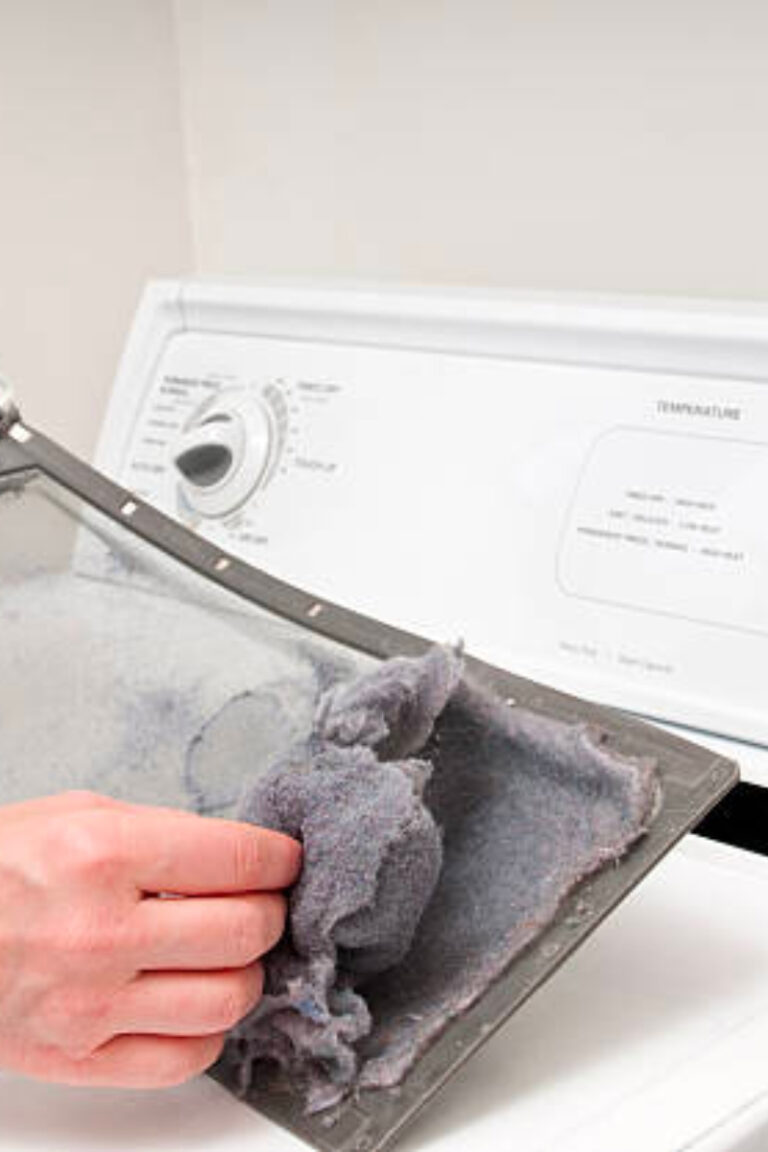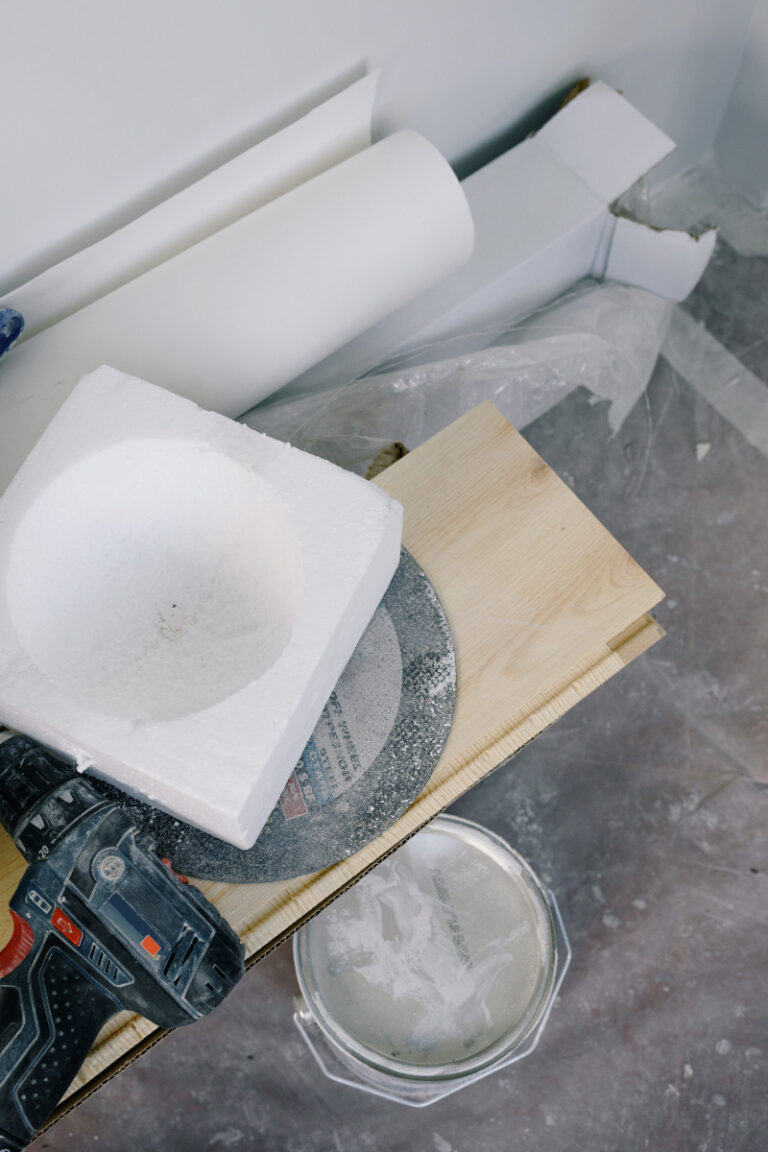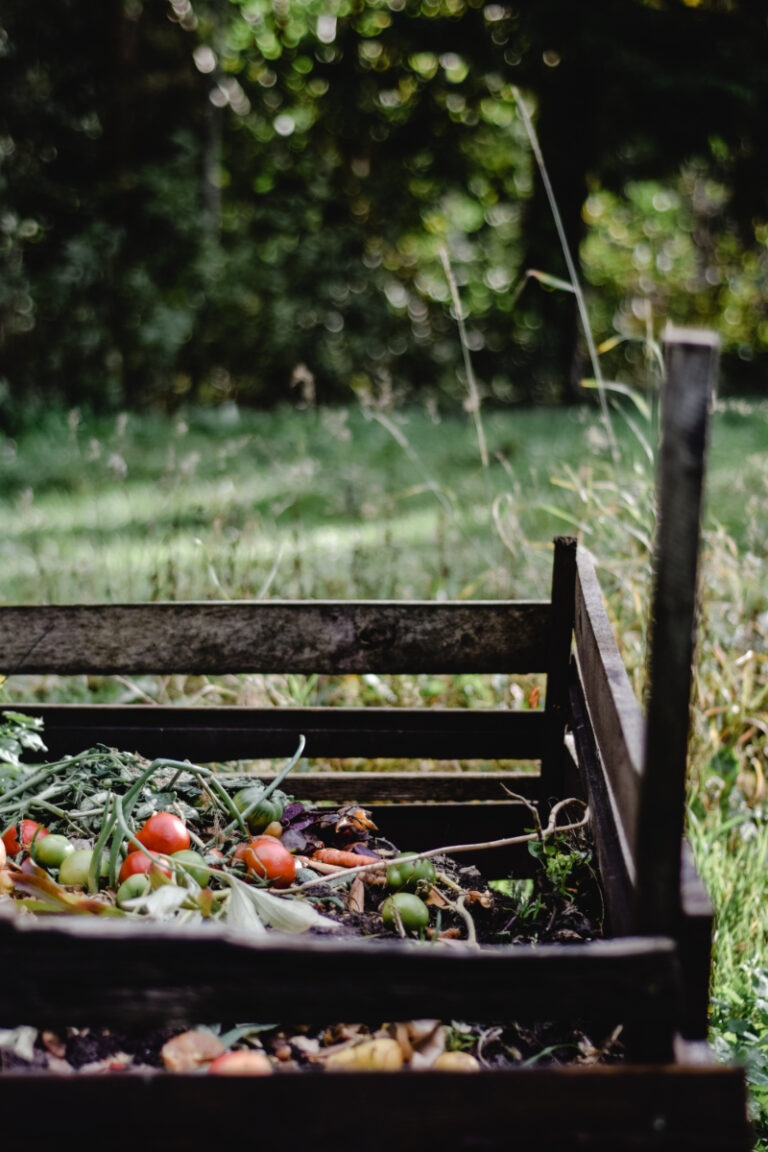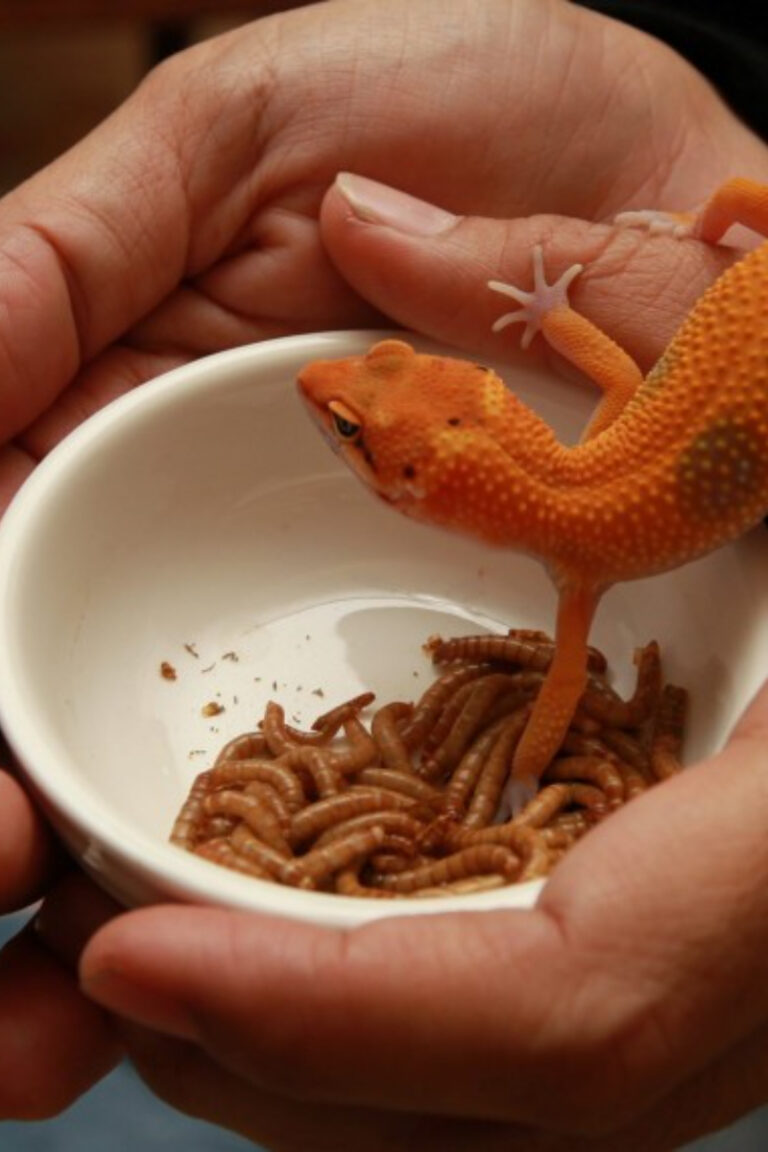Onion Composting: Myths, Facts, and How-To’s
Composting is a natural process that turns organic natural materials into a nutrient-rich soil conditioner, perfect for gardening and farming. The resulting compost is an eco-friendly way to recycle kitchen waste and garden trimmings, reducing the amount of waste going to landfills while make a great addition to enrich the soil in your backyard.
Common items you can compost include fruit and vegetable scraps, coffee grounds, eggshells, grass clippings, leaves, paper products and much more. However, not all organic materials are suitable for composting. Some can attract pests or cause diseases, while others decompose very slowly.
In this context, a question often arises among gardening enthusiasts and environmental-conscious individuals – Can you compost onions?
To answer this, we will jump into the specifics of composting onions, discussing their benefits and potential drawbacks, and providing a guide on how to do it effectively.
Can You Compost Onions?
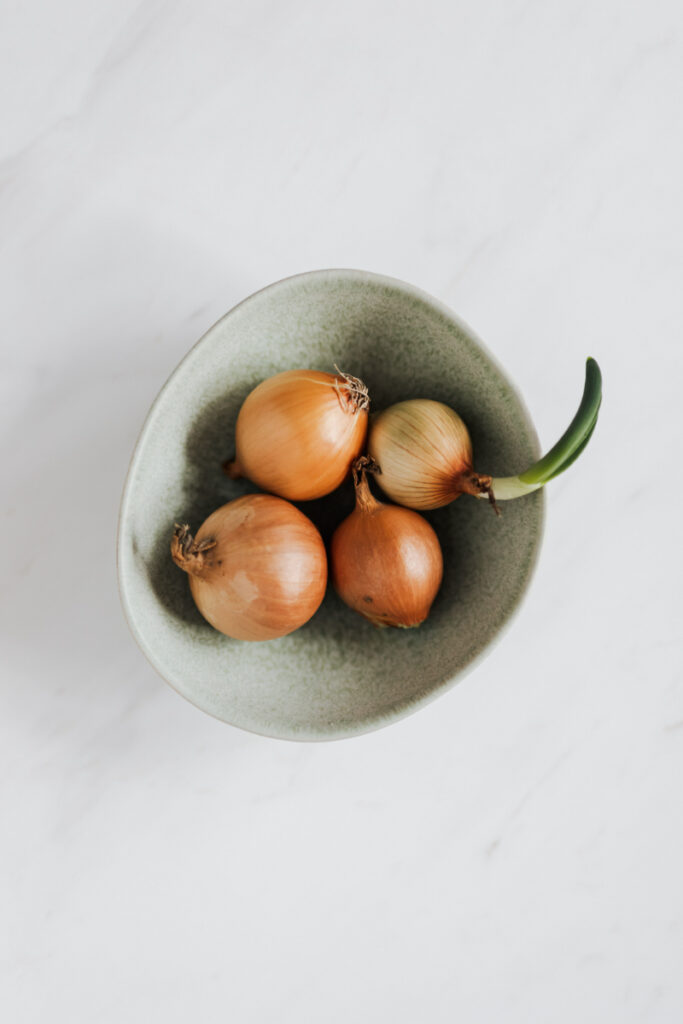
Understanding Onions in Compost
Onions are a common ingredient in many kitchens, known for their unique flavor and health benefits. But beyond the culinary world, onions also have potential value in the composting realm. However, there is often confusion and controversy surrounding the compostability of onions.
Onions are organic materials, and like most kitchen scraps, they do decompose. They are rich in sulfur, a nutrient that is beneficial to soil and can help improve plant growth. This makes onions a potentially valuable addition to your compost bin.
However, onions are also known for their strong, pungent odor. This smell can attract pests like rodents and insects to your compost pile. Moreover, onions are slightly acidic, which can affect the pH balance of your compost if not properly managed.
One common misconception about composting onions is the belief that they can transmit diseases to other plants. This concern mostly pertains to onion peelings or scraps from onions that were diseased or rotten onion. While it’s true that composting such materials can potentially spread diseases, this risk can be minimized with proper compost management.
The heat generated in a well-maintained compost pile can kill off most disease-causing organisms. Also, if your compost pile has a good balance of green (nitrogen-rich) and brown (carbon-rich) materials, it should decompose effectively without spreading diseases.
The Pros of Composting Onions
Onions, like many other kitchen scraps and plant material, have a lot to offer to your compost pile. Here are some of the benefits of composting onions:
1. Nutrient-Rich Compost
Onions are rich in sulfur and other essential nutrients. When you compost onions, these nutrients break down and enrich your compost pile. This results in a nutrient-rich compost that can significantly enhance the fertility and structure of your soil, promoting healthier and more productive plants.
2. Waste Reduction
Composting onions is a great way to reduce kitchen waste. Instead of sending your onion peels and scraps to the landfill, you can add them to your compost pile. This not only helps you manage your household waste more sustainably but also contributes to environmental conservation by reducing landfill waste.
3. Balancing Your Compost Heap
Onions are classified as green compost materials, meaning they are high in nitrogen. A balanced compost system requires both green (nitrogen-rich) and brown (carbon-rich) materials. Therefore, adding onions to your compost can help maintain this balance, ensuring efficient decomposition.
4. Cost-Effective Soil Amendment
By composting onions along with other kitchen food scraps and garden waste, you can create your own organic compost soil amendment. This can save you money on store-bought fertilizers and soil conditioners, making your gardening endeavors more cost-effective.
The Cons of Composting Onions
While composting onions can offer several benefits, it’s also important to be aware of the potential downsides. Here are some of the challenges you might encounter:
1. Attracting Pests
The strong odor of onions can attract pests such as rodents and insects to your compost pile. This could lead to an infestation that not only disrupts your composting process but may also cause other problems in your garden or home.
2. Potential for Disease Transmission
If you’re composting parts of moldy onions that were diseased or rotting, there’s a risk that these diseases could be spread to your compost pile and subsequently to other plants. While proper compost management can minimize this risk, it’s still something to consider.
3. pH Imbalance
Onions have a slightly acidic pH. If too many onions are added to your compost pile without being balanced by alkaline materials, they can have adverse effects on the pH of your compost. An imbalanced pH can hinder the composting process and may negatively affect the health of the plants to which the compost is applied.
4. Slow Decomposition
Compared to other green materials like fruit peels or grass clippings, onions decompose relatively slowly. This means that they might take longer to turn into compost, potentially slowing down the overall composting process. Make sure you don’t toss whole onions into your traditional compost pile, instead chop them up into small pieces to speed up decomposition.
How to Successfully Compost Onions
Composting onions doesn’t have to be problematic if you follow these guidelines:
1. Balance your Compost Pile
Maintain a good balance between green and brown matter in your compost pile. For every part of green material (like onion scraps), aim for 2-3 parts of brown material (like dried leaves, dried out yard waste, or newspaper). This helps maintain a healthy carbon-to-nitrogen ratio, which encourages efficient decomposition.
2. Cut into Smaller Pieces
Before adding onions to your compost pile, chop them into smaller pieces. This increases their surface area, making it easier for microbes to break them down.
3. Bury the Onions
To mitigate the pungent smell and deter pests, bury your onion scraps deep in the compost pile. This also helps to speed up the decomposition process.
4. Regular Turnover
To ensure that all parts of your compost pile get enough oxygen and heat, turn over your compost regularly. This can also help to speed up the decomposition of slower-breaking-down materials like onions. Consider investing in a compost tumbler for quick and easy turning!
5. Monitor pH Level
To prevent your compost from becoming too acidic due to the onions, monitor the pH level of your compost pile. If necessary, add some lime or wood ash to neutralize the acidity.
6. Avoid Composting Diseased Onions
To prevent disease transmission, avoid composting onions that were diseased or rotting. Healthy onion scraps are generally safe to compost.
Alternatives to Composting Onions
If, for any reason, you decide not to compost your onions, there are other environmentally friendly ways to dispose of them. Here are some alternatives:
1. Worm Composting (Vermiculture)
Worm composting, also known as vermiculture, is a method of composting that uses worms to consume organic waste and produce nutrient-rich compost. Red wrigglers, a type of earthworm often used in this worm environment, are particularly effective at breaking down kitchen scraps like onions in your worm bin.
2. Green Bin Collection
Many cities offer green bin collection programs, where organic waste is collected separately from regular household trash. These programs often accept a wider range of organic materials, including onion skins, and compost them on an industrial scale.
3. Bokashi Fermentation
Bokashi is a Japanese composting method, which uses a mix of microorganisms to ferment organic waste. This method can process a wide range of kitchen waste, including onions, in a short amount of time. You can buy a Bokashi bin online to try it out!
4. Feed to Livestock
Chickens and pigs can eat cooked onions in moderation. However, it’s important to note that onions (especially raw ones) can be harmful to some pets and animals, including dogs, cats, and rabbits, so always do your research before feeding onions to animals.
5. Donate or Sell
If you have an excess of onions that you can’t use before they spoil, consider donating them to a local food bank or selling them at a farmer’s market.
Conclusion
Composting onions can be a sustainable and beneficial practice, contributing to a nutrient-rich compost pile that can significantly enhance the growth and productivity of your plants. However, it is not without its challenges, including the potential to attract pests, slow decomposition rates, and pH imbalance in your compost pile.
By following best practices such as maintaining a balanced compost pile, cutting onions into smaller pieces, burying the onion scraps, and regularly turning over your compost, you can effectively mitigate these issues. If composting onions still doesn’t seem like the right fit for you, there are other environmentally friendly alternatives available.
In the end, the decision to compost onions, like many aspects of gardening and waste management, depends on your individual circumstances and preferences. The key is to make an informed decision that aligns with your sustainability goals and contributes to a healthier environment.

